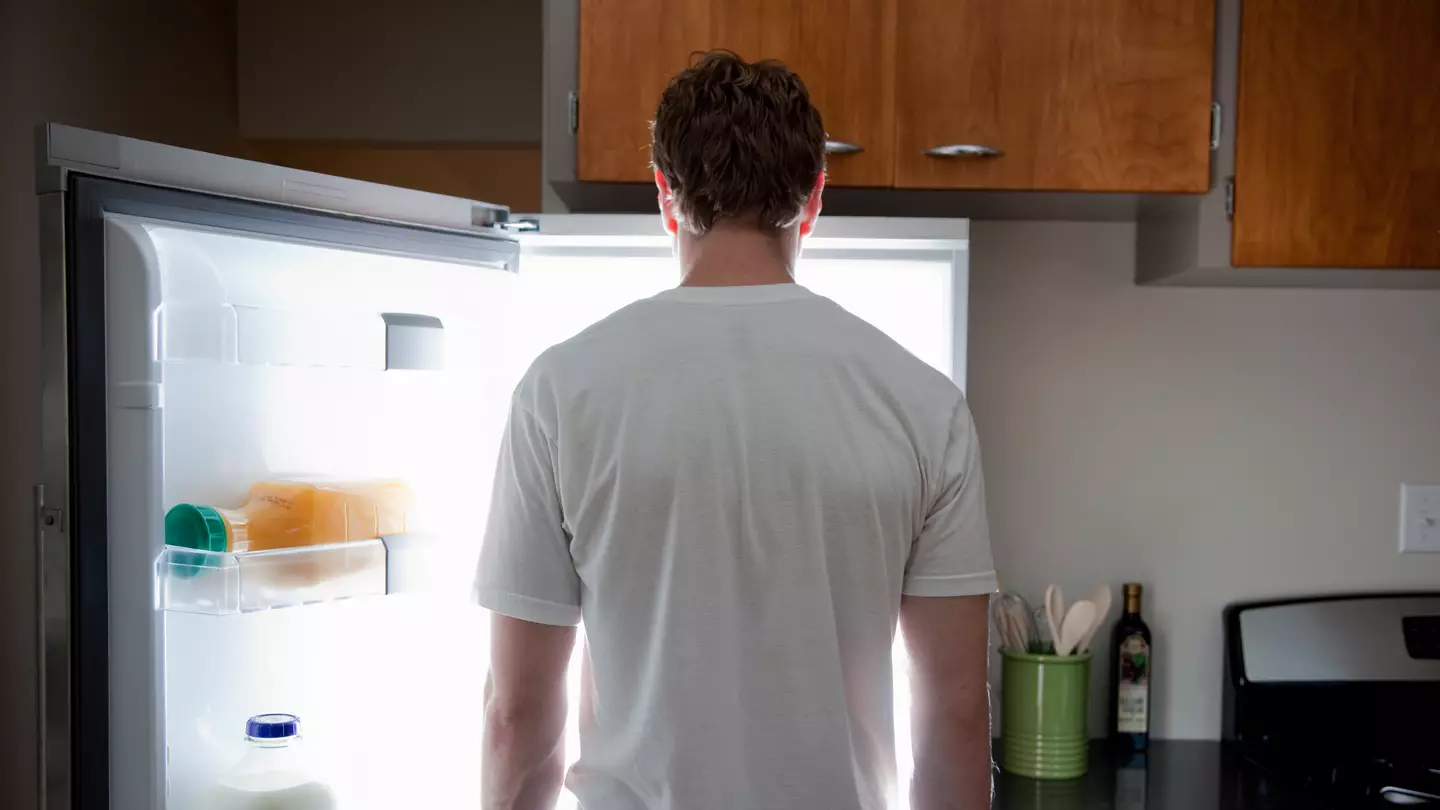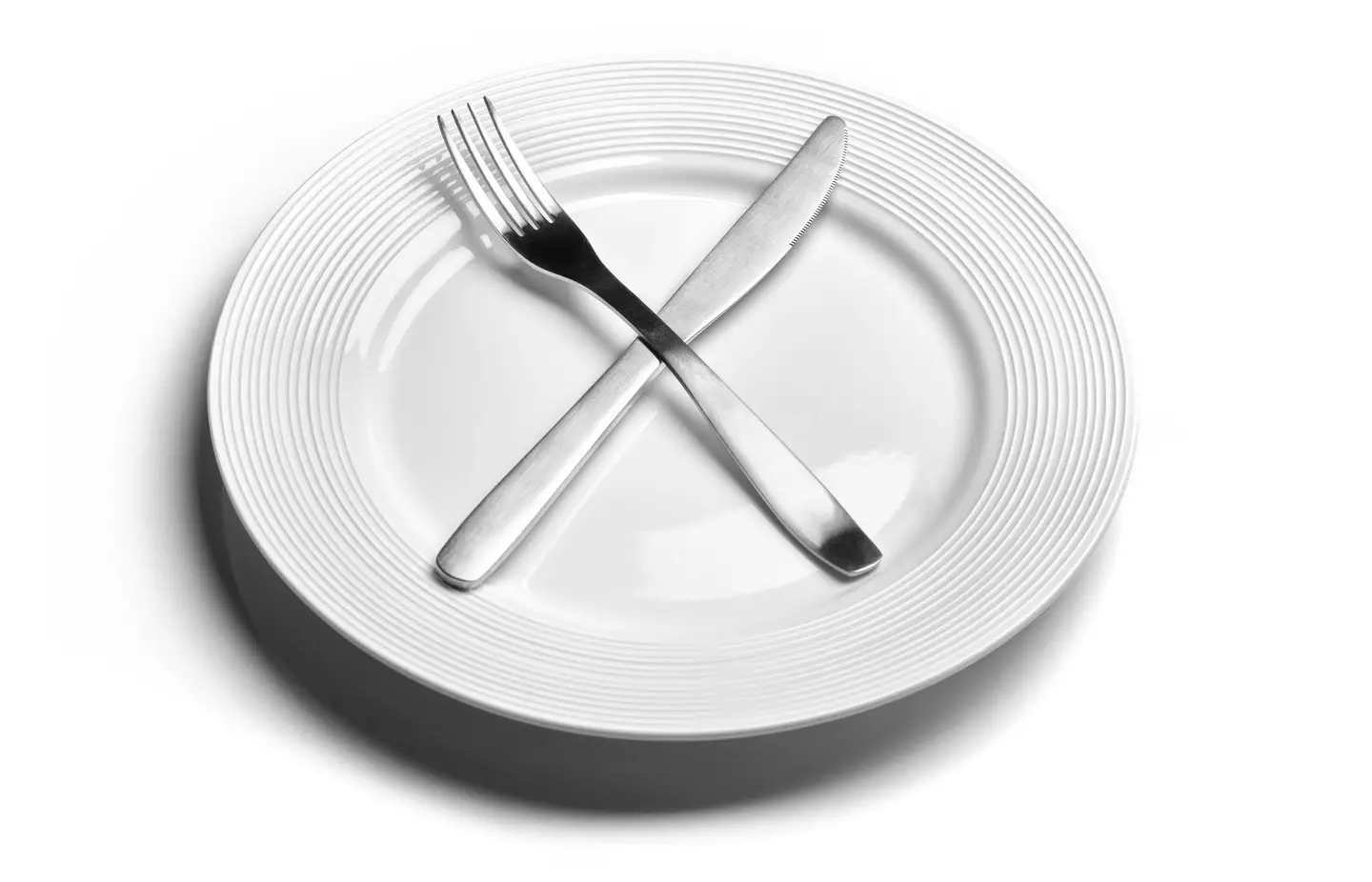
If you've spent any time online in the last few months, then you'll know that for some reason the whole world seems to be obsessed with losing weight.
Whether it's for health reasons or simply wanting to match the unrealistic body images portrayed on social media, people are taking drastic action that includes crazy diets, anti-diabetic drugs such as Ozempic or Mounjaro, or in some cases, fasting.
We've seen that giving up food for a whole day, or even 36 hours, can lead to some pretty significant changes within the body, with the primary purpose being that the body will start to burn fat stores for energy, rather than the food sources we provide it with throughout the day.
People that haven't done it probably think the idea of giving up bread or chocolate for that long is a terrible idea, whereas those that have done it seem to swear by it. The science certainly support doing fasting safely, but the only evidence I have is that my Adonis friend does it on a regular basis, so it can't be doing him much harm.
Advert
Anyway, a YouTube simulation created by Gravity Transformation has now shown what it would be like to take things a few steps further, and go without food for as long as three days.

What happens after 6-10 hours with no food?
He says: "Most of the leftover carbohydrates from your previous meals will be used up for fuel. As a response your pancreas will secrete Glucagon, a hormone that makes your body release the stored glucose from your liver and your muscles.
"Your hunger hormones like Ghrelin will rise as well, making you feel hungrier."
But, instead of satiating that hunger, it is at this point which we must power through. No pain, no gain after all.
What happens after 10 hours of fasting?
He adds: "After 10 hours your pituitary gland will boost the production of human growth hormone, which will help delay muscle loss much longer than most people might think. Your body temperature may also drop.
What happens after 16 hours of fasting?
"After 16 hours your body will become more reliant on burning fat for energy. At around this time Autophagy will kick in which is a process where your body will recycle any junk it finds such as damaged proteins, bacteria or dysfunctional cells."
What happens after one day with no food?
After between 24 hours to 32 hours, the body will run out of glycogen and will become 'entirely reliant' on its own fat stores for energy while reducing protein breakdown rates substantially to spare muscle tissue.
What happens after two days of fasting?
This is where we start to feel the benefits according to the YouTuber as we begin to experience improvements in mood, alertness and tranquility. I can't see myself being in good mood if I go that long without a biscuit I won't lie.
What happens after three days of fasting?
Finally, three days seems to be the limit, as this is where nutrient deficiencies may start to emerge, so you definitely shouldn't go any longer than three days.
To be honest, if you want to be safe, just eat when you are hungry. But if you're interested in giving fasting a go, it's important to consult a healthcare professional before making any sudden changes to your diet.
Topics: Health, YouTube, Social Media, Ozempic
